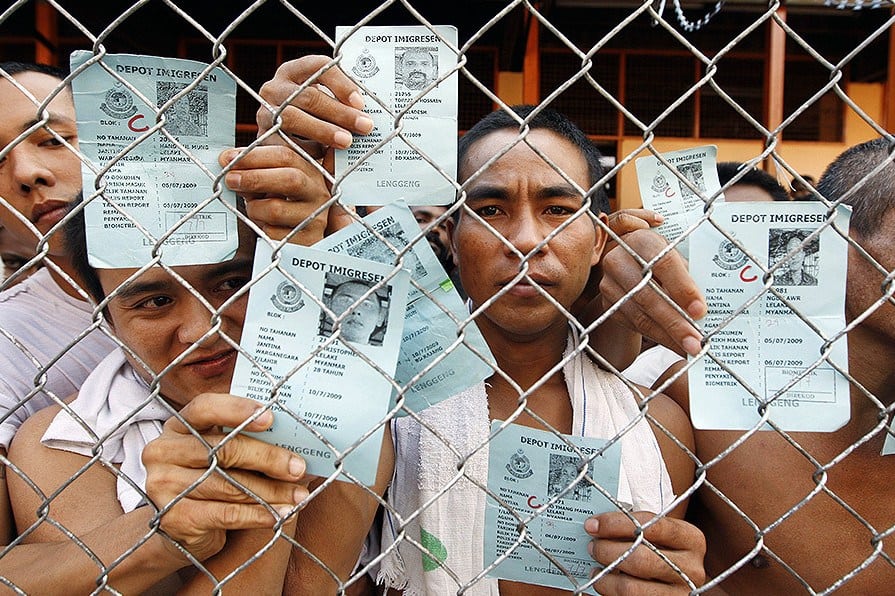Malaysia hopes that a new online recruiting method may improve their poor human rights ratings…
Their Human Resource Ministry recently introduced the new system at the annual ASEAN Forum on Migrant Labor. It will impact about four million foreign foreign workers. Frequent abuse charges have caused them to appear on the US State Departments human slavery watch list again and again. Hopefully, this effort will reduce both costs and time for employers and employees by streamlining online applications and may give agents fewer chances for trafficking. One fifth of Malaysia’s workers are foriegn.







Freedom United is interested in hearing from our community and welcomes relevant, informed comments, advice, and insights that advance the conversation around our campaigns and advocacy. We value inclusivity and respect within our community. To be approved, your comments should be civil.